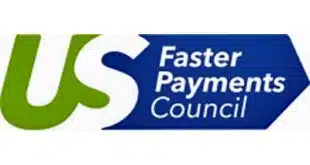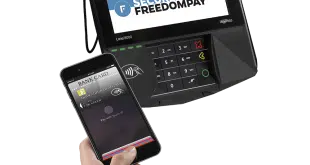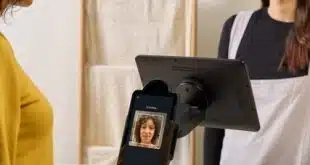Visa USA's chief executive on Wednesday outlined a multimarket strategy for prepaid cards, while announcing that convenience-store titan 7-Eleven Inc. has joined Visa's fledgling prepaid reload network and calling for greater efforts to educate regulators about the unique characteristics of prepaid plastic. “There's an incredible opportunity [in the prepaid market],” said John Philip Coghlan in addressing an audience of prepaid card issuers, processors, and program managers in Las Vegas at the Prepaid Card Expo trade show. “Visa wants to be a partner, a point man, in some cases a flak catcher in driving the industry forward.” Aside from catching flak from legislators and regulators who from time to time express concern about some industry practices, Visa would like to see players in the prepaid card industry make a stronger effort to lobby government officials, Coghlan said. “Be a vocal advocate,” he exhorted the audience. “Prepaid is not well understood by those whose support we need.” Speaking to Digital Transactions News after his speech, Coghlan said many officials at both the state and federal levels paint with a “broad brush” in addressing the credit, debit, and prepaid businesses, failing to appreciate the critical differences in the products. He said lobbying efforts should concentrate on educating regulators about how prepaid cards differ from credit cards. The Visa chief said 7-Eleven, which operates 5,350 stores in the U.S., will process electronic reloads of Visa prepaid cards later this year. The chain is joining ReadyLink, a reload network Visa is officially launching in March to allow primarily underbanked consumers to buy prepaid cards and then reload value in them with cash payments at retail locations. Visa earlier this week announced six issuers, including BankFirst and Bank of America, were adopting ReadyLink. BankFirst is also participating as an issuer in MasterCard Woldwide's competing rePower network, which began processing in December. Fifth Third Bank and Fiserv Inc. have agreed to acquire ReadyLink reloads, Visa also said. 7-Eleven locations will join 1,550 grocery stores participating in Safeway Stores Inc.'s Blackhawk prepaid network, which agreed to implement ReadyLink in December. Coghlan identified three key markets where Visa is focusing its efforts: sales of gift cards and other general-purpose stored-value cards at stores and bank branches; health-care accounts funded with tax-advantaged contributions; and the underbanked market. In general-purpose cards, he said, one of the most “exciting” opportunities lies with rebate and incentive cards. Pointing to the market for cards, he said companies issue and mail some 400 million rebate checks worth $8 billion to consumers each year. The automotive industry, in particular, is eager to replace rebate and incentive checks with cards, he said. Using Visa prepaid cards, Toyota has replaced more than 100,000 dealer-incentive checks annually and cut its incentive-program cost by more than 30%, he said. In health care, he said, Visa is working to move employers clinics, hospitals, and insurance companies “from what I call the bizarro world of checks and paper the world of electronic payments.” Cards linked to health-savings accounts and flexible-spending accounts show promise, he said, particularly when combined with auto-substantiation, or the electronic determination at the point of sale of which items meet tax regulations for the plans, eliminating paperwork. “I had to fill out a mountain of paperwork just to get reimbursed,” Coghlan said, recalling his experience with a an early FSA program. An auto-substantiation program Visa introduced in 2005, he said, “is starting to get traction.” Again, with health care plans, Coghlan underlined the importance of lobbying regulators and legislators. “Reach out to government so they understand how prepaid can improve health care,” he told his audience. Prepaid can also help the underbanked, he noted, by chopping the costs they incur to get access to money. Visa estimates persons without bank accounts incur costs of $300 annually in check-cashing fees, fees for money orders, and other expenses. Prepaid cards, Coghlan said, can cut this cost by more than half. “There's no reason they should have to pay all those fees,” he said.
Check Also
J.P. Morgan Payments Opts for Proprietary POS Terminals
J.P. Morgan Payments, the payments arm of banking giant JPMorgan Chase & Co., is blazing …





